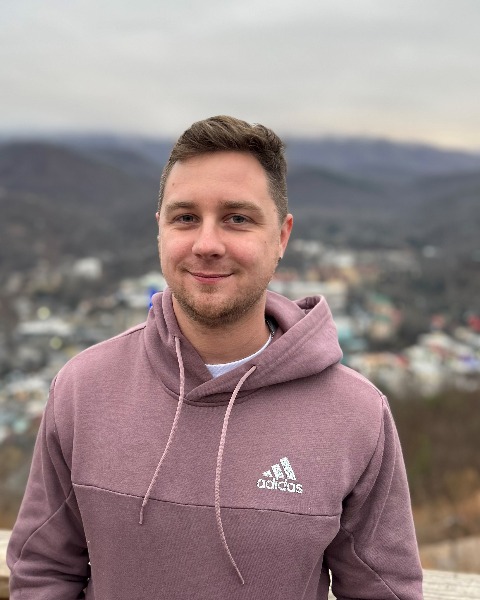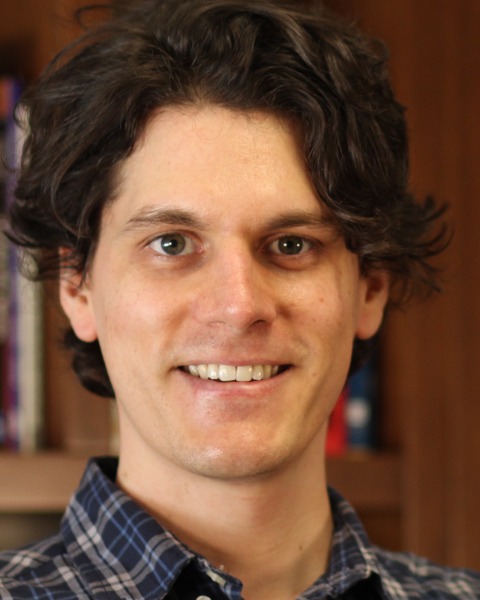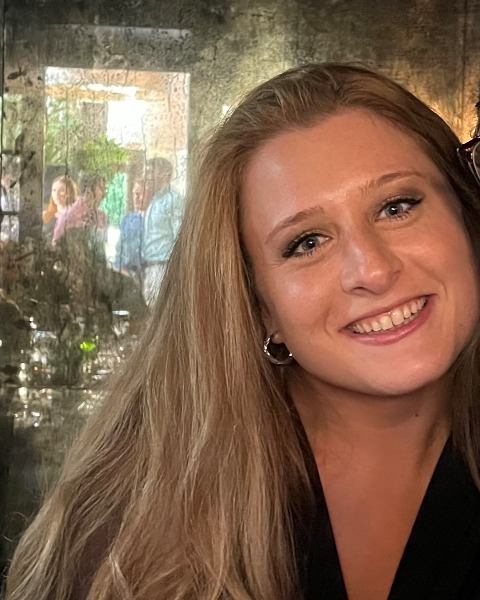Organizational Learning & Evaluation Capacity Building
The growing challenge to keep evaluation going in the face of disruption
-

Samuel Dunklin, MPH (he/him/his)
Health Scientist
National Asthma Control Program, CDC, United States -

Evan Mallen, MUP, PhD (he/him/his)
ORISE Fellow
Climate and Health Program, CDC
Atlanta, Georgia, United States -

Kat Sisler, MPH, MPAff (she/her/hers)
Health Scientist
Climate and Health Program, CDC, United States -

Jenifer Ballouk, MPH (she/her/hers)
ORISE Program Evaluation Fellow
National Asthma Control Program / CDC
Suwanee, Georgia, United States -

Ana Paula Pohl Duarte, MPH, PMP
Evaluation Fellow
CDC
Presenter(s)
Location: White River Ballroom E
Abstract Information: State and local public health agencies are at the forefront of responding to health challenges but face substantial social, technological, and environmental disruption, which can impact evaluation. The Climate-Ready States and Cities initiative and the National Asthma Control Program have promoted sound evaluation practices throughout ongoing challenges. In this session, Evaluators from the group lead a discussion, sharing experiences and barriers on what it takes to make evaluation sustainable and successful in the face of disruption. Possible questions to explore during this session include: What and how have major disruptions shifted evaluation priorities and efforts? How do we leverage enablers such as effective partnerships, leadership support, or skilled internal staff to overcome disruption? Are there effective strategies in the field that state and local health departments may use to anticipate potential barriers/disruptions and sustain their work in an environment conducive to successful implementation and evaluation?
Relevance Statement: Evaluators worldwide are increasingly facing disruptive events such as the COVID-19 pandemic, environmental hazards resulting from climate change such as wildfires, heat waves, or floods, staffing changes, and even shifts in administrative priorities [1]. Each of these disruptions makes evaluation more difficult, less timely, and may alter prioritization of the evaluation in a program’s scope of work. Recent research from CDC’s Climate and Health Program finds that both climate adaptation and evaluation work can be substantially disrupted by such events due to competing priorities, lack of time or resources, or dependence on partners facing similar challenges [2-3]. CDC’s Climate-Ready States and Cities initiative (CRSCI) and the National Asthma Control Program (NACP) have promoted sound evaluation practices and enhanced evaluation capacity with their grant recipients and partners. CRSCI grant recipients implement the Building Resilience Against Climate Effects (BRACE) framework, which includes Evaluation as a core component. However, this kind of evaluation capacity is not always available to programs who may not have the resources to conduct successful evaluations. Furthermore, recent research has found that among state and local health departments, there is limited capacity to research current and future health impacts from climate change or implement and evaluate interventions to reduce those impacts [4]. As our climate continues to change and climate impacts continue to worsen, it will be increasingly important to proactively anticipate and prepare for major social, environmental, and public health crises that disrupt evaluation activities. This Birds of a Feather session will generate discussion and learn from peers around the topics of shifted priorities, experiences with disruptions, best practices, and applicability of best practices outside of individual programs. The session will provide a storytelling platform for practitioners to share their experiences in the context of their work. We propose to ask the participants the following questions: What and how have major disruptions shifted evaluation priorities and efforts? How do we leverage enablers such as effective partnerships, leadership support, or skilled internal staff to overcome disruption? Are there effective strategies in the field that evaluators may use to anticipate potential barriers/disruptions and sustain their work in an environment conducive to successful implementation and evaluation? How do we transfer best practices across fields? [1] Evaluation During Disruptions: Course Corrections and Other Considerations (osepideasthatwork.org) [2] http://dx.doi.org/10.3390/ijerph19127169 [3] https://doi.org/10.1371/journal. pclm.0000102 [4] https://doi.org/10.1371/journal.pone.0151558

